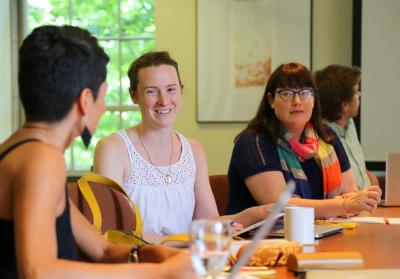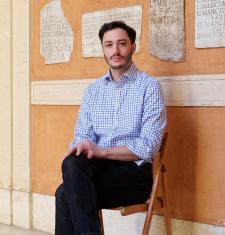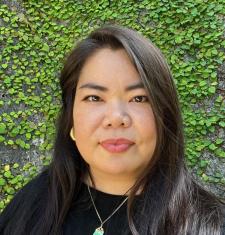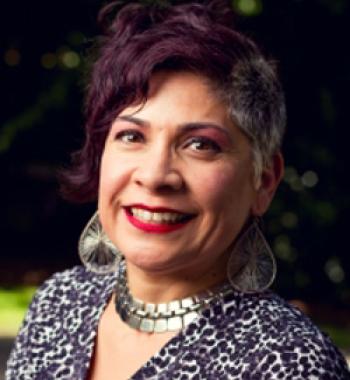Digital Humanities Summer Fellowships

The Simpson Center offers annual summer fellowships for faculty and graduate students to pursue research projects that use digital technologies in innovative and intensive ways and/or explore the historical, social, aesthetic, and cross-cultural implications of digital cultures. The program has three primary goals:
- To animate knowledge—using rich media, dynamic databases, and visualization tools
- To circulate knowledge—among diverse publics
- To understand digital culture—historically, theoretically, aesthetically, and generatively
The Simpson Center gratefully acknowledges the support of a National Endowment for the Humanities Challenge Grant and the Andrew W. Mellon Foundation as well as many donors to the endowment which is underwriting these fellowships.
2025 - 2026 Digital Humanities Summer Fellows








2014 - 2015 Digital Humanities Summer Fellow

Michelle Habell-Pallán (she/her/hers)
This collaboration with Sonnet Retman brings together scholars/archivists, musicians, media-makers, performers, artists, and activists to document and archive the role of women and popular music in the creation of cultural scenes and social justice movements in the Americas and beyond.
During summer 2014 the Women Who Rock team will: build out the archive by processing digital assets and materials; theorize the use of keywords as an intervention in knowledge production; create effective meta-data information that allows for more nuanced and responsive archive searches; devise an effective workflow plan, including individual roles and responsibilities; and develop a vision of use and access based on our exploration of CONTENTdm 6.